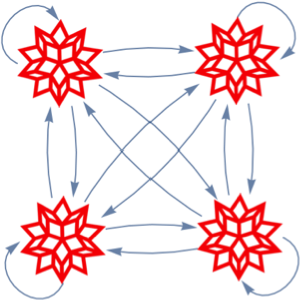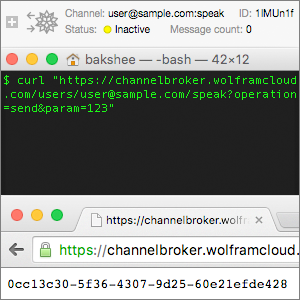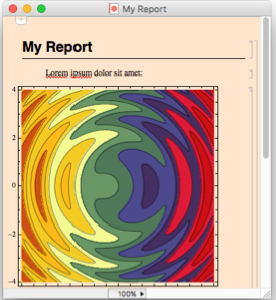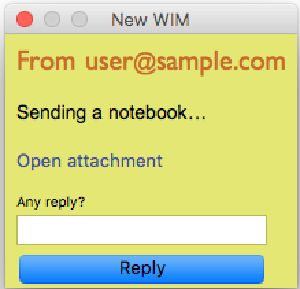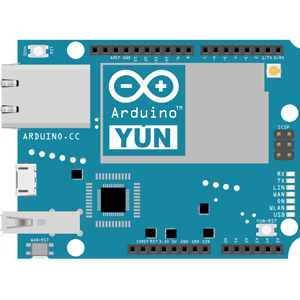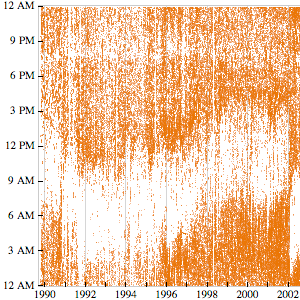Mensagens instantâneas com conteúdo arbitrário
Em uma sessão de desktop, carregue um pacote que crie um canal de demonstração de mensagem instantânea ("WIM") e como a escutar nele.
In[1]:=
Needs["DemoChannels`WIM`"]Crie seu canal WIM e comece a escutar nele.
In[2]:=
channel = CreateWIMChannel[]Out[2]=
In[3]:=
listener = ChannelListen[channel]Out[3]=
Envie para você mesmo um WIM, e repare que sua mensagem está em um novo notebook de diálogo.
In[4]:=
ChannelSend["WIM", "Hi there."]Out[4]=
Out[5]=
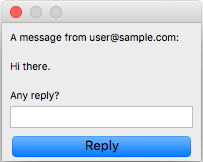
Anexe o notebook atual a uma mensagem.
In[6]:=
ChannelSend["WIM", {"Sending a notebook.", InputNotebook[]}]Out[6]=
Out[7]=
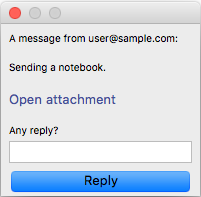
Outros usuários da Wolfram Langauge podem enviar-lhe um WIM incluindo seu canal totalmente qualificado.
In[8]:=
yourWIM = $WolframID <> ":WIM"Out[8]=
In[9]:=
ChannelSend[yourWIM, "hello"]Out[9]=
Ou seu URL de WIM.
In[10]:=
listener["URL"]Out[10]=
In[11]:=
listener["URL"];
ChannelSend[%, "another message"]Out[11]=
Qualquer pessoa também pode enviar uma mensagem para você de um navegador web (ou qualquer outro cliente HTTP) criando uma solitação de HTTP o seguinte URL.
In[12]:=
URLBuild[listener["URL"], {"operation" -> "send",
"Message" -> "yet another message"}]Out[12]=
In[13]:=
URLBuild[listener["URL"], {"operation" -> "send",
"Message" -> "yet another message"}];
URLFetch[%]Out[13]=
Para responder às mensagens recebidas de outros usuários, autorize a comunicação nos canais de usuários.
In[14]:=
Unprotect[$AllowExternalChannelFunctions];
$AllowExternalChannelFunctions = True;Pare de ouvir e restaure a configuração de segurança.
In[15]:=
RemoveChannelListener[listener]Out[15]=
In[16]:=
$AllowExternalChannelFunctions = False;
Protect[$AllowExternalChannelFunctions];